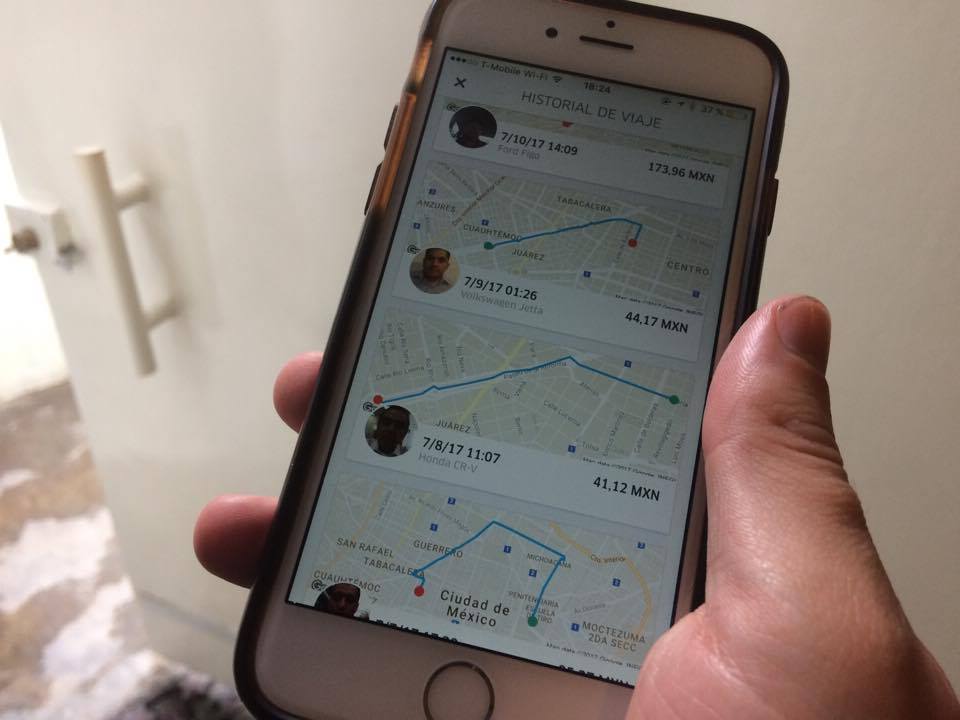Disgruntled Uber drivers won a tentative victory in their quest to be classified as company employees rather than independent contractors.
A federal court in North Carolina gave a conditional green light for litigation to proceed as a class action lawsuit under the Fair Labor Standards Act.
The New York Times reports that as many as 18,000 current and former drivers who opted out of an arbitration agreement might be eligible to join the legal battle. If successful, the outcome could impact the 600,000 drivers Uber has plying roadways across the country.
“The ruling today is going to allow drivers across the country to band together to challenge Uber’s misclassification of them,” said attorney for the plaintiffs, Paul B. Maslo. “They are employees and should be getting minimum wage and overtime as required by law.”
Uber’s lawyers declined to comment on the case.

The company issued a statement, recapped in The New York Times, saying they were “disappointed with this decision, particularly because a Federal District Court recently denied conditional certification in another case” last month in Florida.
Ever since the Uber app became a transportation mainstay on smartphones around the United States, a subset of its drivers have been vocal about what they consider poor treatment on the part of the company.
Some Uber contractors claim that they’ve been misclassified, considering they’re more or less behooved to abide by a handful of non-negotiable policies. Since they don’t set their own fares, are monitored by in-app rating system, and can be fired if their performance falls too low, drivers argue that they’re best considered employees rather than independent contractors.
Ever since the first classification controversy arose, Uber has been steadfast in maintaining its position.
A 2015 article from The New Yorker discussed the ups and downs of reclassifying Uber drivers as full- or part-time employees rather than independent contractors.
While some 40-hour-per-week drivers might benefit from a minimum wage, the repercussion sent down by Uber Corporate would likely include a work-force reduction as well as tighter regulations and set hours for drivers. Fewer cars would be available and the share of fares provided to drivers could be slashed as Uber seeks to make up the loss incurred by having to shell more out-of-pocket.
Despite the success begotten by the North Carolina drivers’ conditional certification, aspiring Uber driver-employees still have a long road ahead of them – even the plaintiffs’ lawyer admitted that the “the bar is not super-duper high.”
Uber, predictably, pledged to fight tooth-and-nail to ensure the class is decertified and cannot transform into a true class action case.
The brunt of Uber drivers around the country wouldn’t be able to participate in the case even if it does proceed past the discovery phase of litigation, considering that many waived their right to challenge the company in court while signing their contracts.
Sources
Are Uber Drivers Employees? Gigs with Benefits.
Uber Drivers Win Preliminary Class-Action Status in Labor Case


Join the conversation!